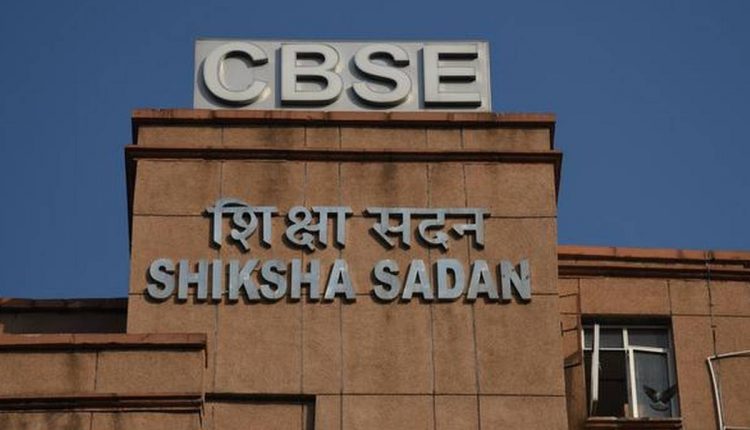New Delhi: The Central Board of Secondary Education (CBSE) has invited affiliated schools to participate in a pilot of the National Credit Framework (NCrF) which it will start for classes VI, IX and XI from the current academic year.
The government last year launched the NCrF as part of the implementation of National Education Policy (NEP) 2020 to ensure a seamless integration of school, higher and vocational education, and allowing students to accumulate their credits from pre-primary level to PhD level.
The CBSE also developed its draft guidelines to implement the framework.
“The CBSE developed and circulated draft NCrF implementation guidelines, discussed them in multiple workshops, and received approval from the Ministry of Education. To further test, refine, and assess their effectiveness in real-world contexts, a pilot implementation of these guidelines has been planned in schools affiliated to CBSE in classes VI, IX and XI, w.e.f. session 2024-2025.”
“Principals of interested schools for this pilot programme are requested to share their contact details through the link (https://forms.gle/5AB2iuxa1k62r2E3A),” the Board stated in a letter addressed to principals of all CBSE-affiliated schools.
According to the draft guidelines, total notional learning hours for assignment of credits across school education, higher education and vocational education or skilling have been agreed to be 1,200 hours per year for which the students/ learners shall be awarded 40 credits. It means, 30 notional learning hours will be counted as one Credit.
“The students may take additional courses/programmes/subjects/projects beyond 40 credits to get additional credits for the same,” the guidelines stated.
Students can earn credits from classroom teaching learning, laboratory work, projects, sports, performing arts, NCC, social work, vocational education and experiential learning including relevant experience and professional levels acquired, among others.
“This would close the gap in achievement of learning outcomes by shifting the classroom education to competency and learning outcome-based education and learning. The assessment is thus mandatory for earning credits for all types of learning,” CBSE said.
Credits earned by students will be reflected in the marksheets or grade cards for final examinations, along with marks and grades.
“The credits earned shall be deposited in the Academic Bank of Credit (ABC) of a student which will be linked with the APAAR Id and DigiLocker of the student, in future,” the Board said.
The government has launched Automated Permanent Academic Account Registry (APAAR), an Aadhaar-verified ID, under its one nation one student ID initiative.
CBSE will organise awareness sessions and provide guidance to schools participating in the pilot programme to ensure successful trial of the implementation guidelines for NCrF.


Comments are closed.